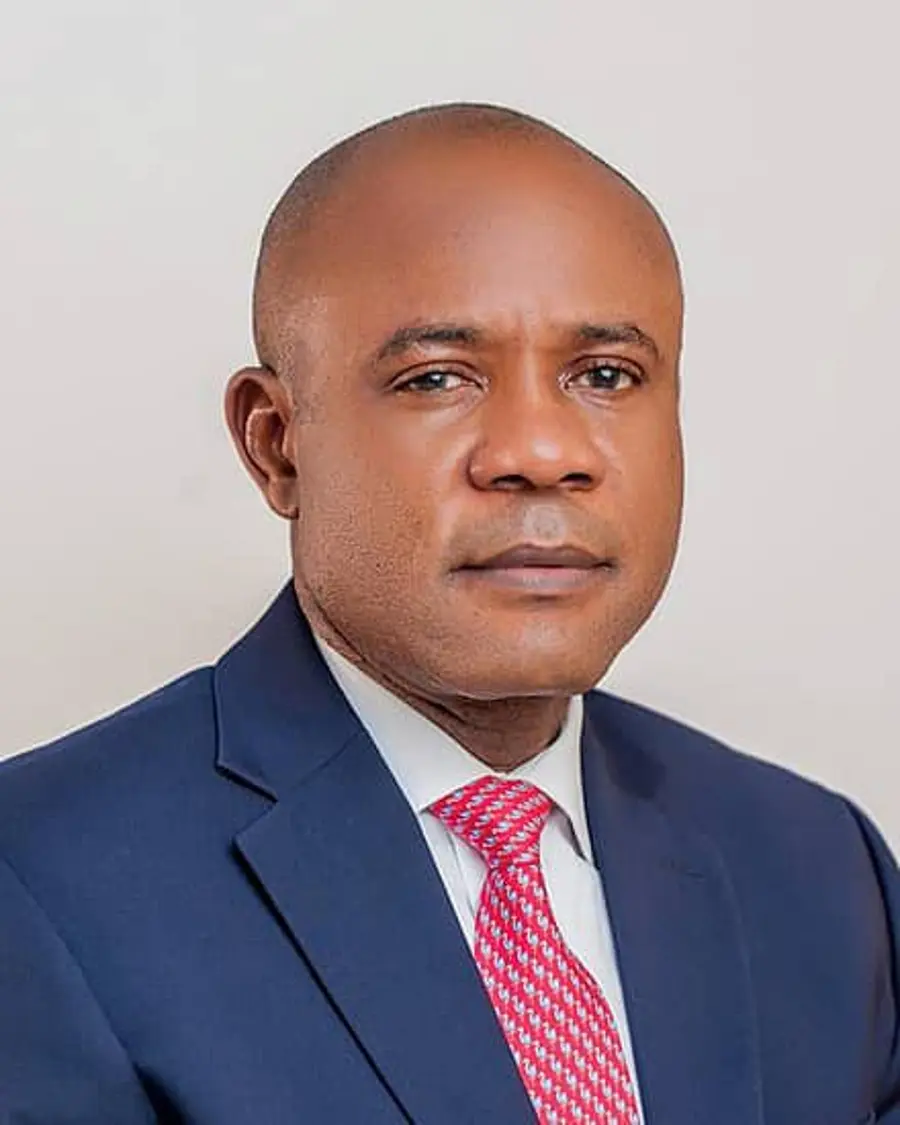
Over the last six months, President Bola Tinubu has reversed several policies that his predecessor, Muhammadu Buhari, had started.
Despite belonging to the same political parties, Tinubu and Buhari have sharp differences, particularly when it comes to economic policy.
Former Lagos State Governor Mr. Tinubu leans more liberal economically, while former military chief Mr. Buhari leans more towards protectionism. Both joined together to create a united front against former President Goodluck Jonathan in 2013.
Mr. Tinubu remained silent on government policies for eight years, only speaking up during the election when he felt that a policy appeared to be directed at him.
Regarding the former administration’s execution of the Naira revamping policy, Mr. Tinubu publicly opposed them throughout the election.
Since his ascension, Mr. Tinubu has persisted in rolling back some of the initiatives that former President Buhari had started.
President Tinubu changed the Top five Policy.
Removing ASUU From IPPIS
President Tinubu and university professors engaged in years-long conflict over the IPPIS platform’s implementation.
The academics claimed that the IPPIS platform did not accommodate their quirks and that doing so was depriving them of certain privileges.
Every year, the standoff caused the schools to close for several months. Nigerian universities were closed for 1,086 days during Buhari’s administration.
Recall that the Buhari administration rejected the ASUU’s proposal to use UTAS as an option, which resulted in a protracted work stoppage that kept students home for an extended period.
Cryptocurrency Ban
The prohibition on cryptocurrencies enforced by Godwin Emefiele, the former governor of the CBN, is another significant policy that this government has implemented.
On February 5, the CBN, operating under Emefiele, gave all banks instructions to terminate any accounts associated with Bitcoin transactions on their platforms.
That policy was recently reversed, and the restriction on cryptocurrencies was lifted under the direction of Yemi Cardoso, the new governor of the CBN.
43 Products Banned by FX
On October 12, the CBN overturned an eight-year prohibition on forty-three commodities that were prohibited from obtaining foreign exchange from the official market.
Zingtie remembers that the CBN prohibited 43 products, including rice, cement, and chicken, from being purchased with foreign exchange in 2015.
The monetary authorities have lifted the embargo, allowing importers of the goods to buy foreign currency on the Nigerian Foreign Exchange Market.
It should be remembered that the Buhari administration’s foundation was made up of protectionism policies.
For years, the former president closed land borders to safeguard agricultural investments, especially those related to rice.
Mr. Emefiele has invested money in the rice industry through the anchor borrowers initiative.
Remove the old Naira
During the election season, the redesign of the Naira generated a lot of discussion since many people think it was directed at President Tinubu.
People suffered greatly as a result of the policy’s Naira scarcity, which prevented them from having access to cash for even the most basic of transactions.
The Supreme Court heard challenges to the policy from a few state governments. But the court reserved its decision until after the election. The two currencies should coexist until December 2023, the court decided.
On the other hand, the government declared in November that the previous currency would remain valid indefinitely.
40 percent of schools’ IGR
The Finance Act of 2020, enacted by the Buhari administration, required agencies that receive partial funding, including federal government-owned institutions, to automatically subtract 40% of their gross IGR.
In October, the current administration took steps to put the law into effect but ultimately gave in to pressure from the universities.
Please don’t forget to “Allow the notification” so you will be the first to get our gist when we publish it.
Drop your comment in the section below, and don’t forget to share the post.







